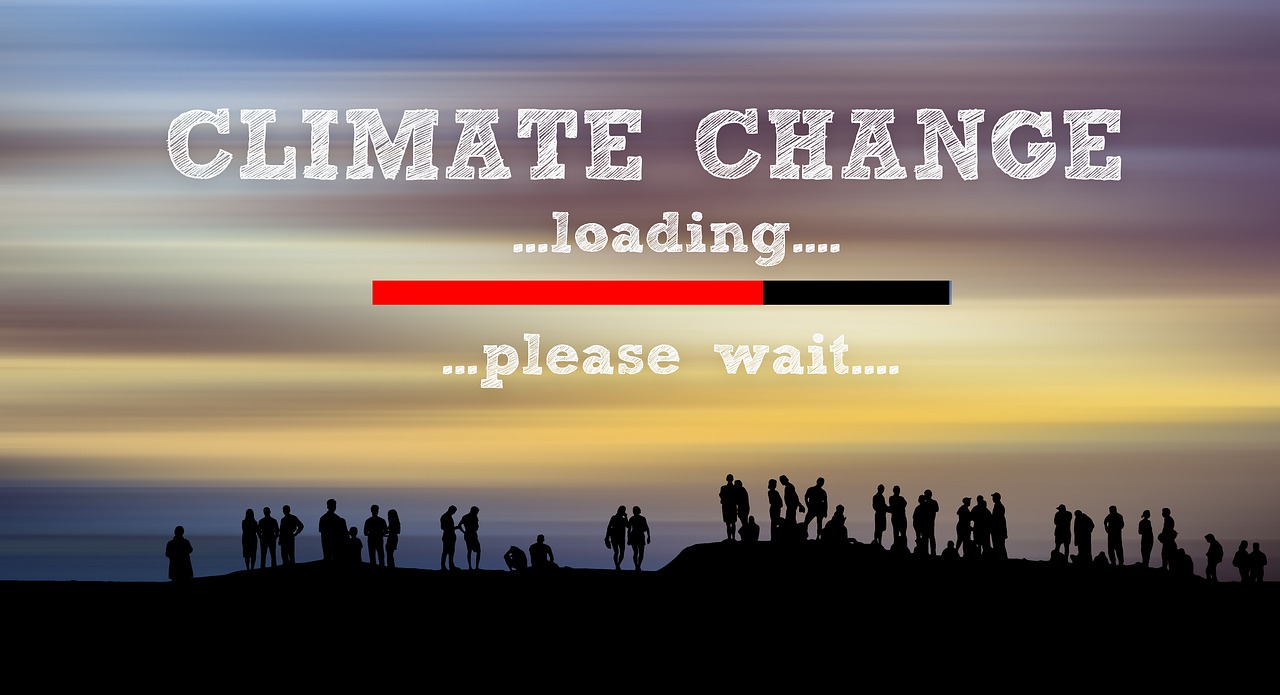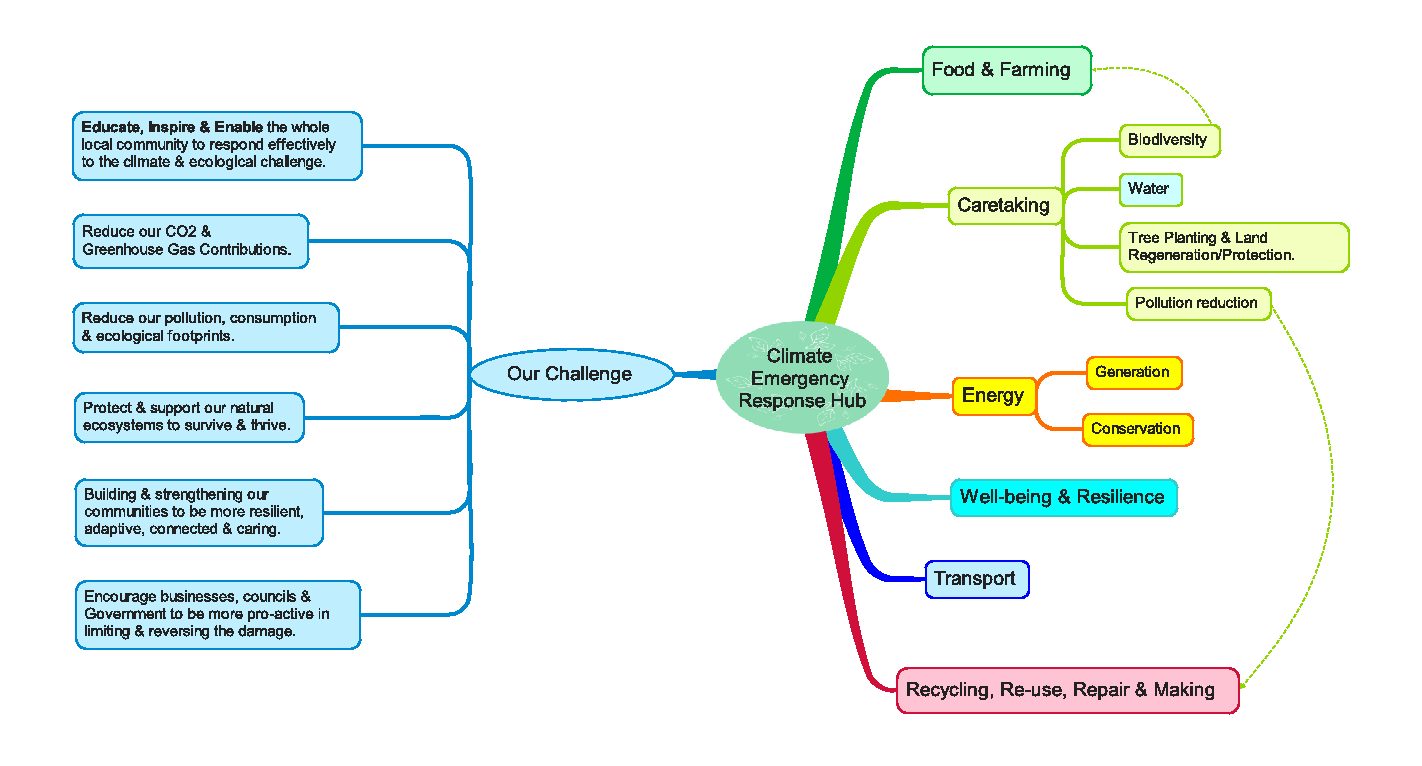A Guide for Local Level Climate and Ecological Emergency Response.
This website is going to be a resource site for local communities, groups and councils who have declared climate and ecological emergencies. The site aims to provide useful information, strategies and tools to enable effective responses to our challenge.
There are 4 main reasons for creating this site & promoting the ideas within it:
-
- Local level response is incredibly powerful and effective.
- When councils and communities work together to face this challenge and find local solutions, they are for more effective because they create relevant solutions with the aid of crowd sourced genius, that the local community takes ownership of and wants to adopt.
- Focussing on developing local solutions provides inspiration, future resilience/preparedness, motivation and a sense of active hope in communities.
- We do not need to constantly re-invent the wheel – we can learn from groups who have already been doing this work.

The Power of Responding Locally
There are 4 levels of responding to our climate and ecological emergencies:
- Changing our own behaviour.
- Friends and family.
- Local community.
- Politically at a national or international level.
All of these levels are really important but some can have a bigger impact than others. My personal experience of working on levels 1 and 4 for years led to me having a sense of being able to have very little impact – changing my own habits, signing petitions and voting once every 4 years in a political system that does not actually reflect the individuals vote fairly has felt limited and frustrating. However, I have seen how much more impact we can have when working at level 3 with our own communities. it is a level at which we can communicate, connect, support, inspire and make bigger changes. It is a level at which we can have an impact on all of the other levels too!
Working at a local level in this way, also builds resilience and creates greater strength within communities. This will be essential if we are to successfully navigate and cope with the many changes and challenges that we will be facing in the coming years.
Reclaiming Citizenship
40-50 years ago we lost our identities as being citizens. Instead we were relabelled as consumers, as if our only purpose was to buy the ever increasing number of often unnecessary and wasteful products. In truth though, we are cititizens, members of our society who have the capacity to make sure that it is working in a fair, equitable and wise manner. As it has not been doing so for quite a while and the present economic system is hurtling us directly into climatic and ecological catastrophe, we do have a duty to help make any changes that we are drawn and able to, to help return our way of life to being a mich more caring, sensible, sustainable and balanced one. This is both necessary for our society as a whole as well as for us and our familes.
The Power of Being Action and Solutions-Focussed
When we receive or research too much negative or existenially frightening information (as is often the case with climate and ecological science data and assessments), our brains have a tendency to drop into any or all of the following states – negativity, fear, denial, depression and/or hopelessness – all of which inhibit us from taking effective and helpful action that could reduce the impending planetary challenges.
We need to receive at least 3x more positive input than negative, if we are to remain in a positive and hopeful state ourselves. Only in this state can we be at our most productive, effective, imaginative and creative – all skills that are incredibly helpful for responding well.
Taking action in the face of these challenges, especially with others fosters more hope and momentum. It is key, if we are to turn things around. As such, we need to do all that we can to enable ourselves and those around us to take effective, conscious, right action.
“Hope is holding a creative tension between what is and what could and should be, each day doing something to narrow the distance between the two” – Parker Palmer.
Why Emergency?
Emergency is an interesting word that can impact us in different ways. Some people may find the word to be too extreme and fear inducing but actually when you look at the science and the ever increasing evidence that shows how serious our predicament is and how poorly our Governments have responded, it is a very appropriate word. It is a word that can help us to stop carrying on as if nothing was wrong and start to respond accordingly.
The trick is to be impacted enough to change and take action, without getting stuck in the natural responses of grief, anger, powerlessness or overwhelm for too long but rather move into a state of Active Hope, where we can start working together and taking actions that can stop and reverse the planetarty harm we are causing, adapt to the changes that are happening, become more resilient and a the same time help to create a society that is more fair, supportive, connected, nourishing and caring for everyone.
The Gift of Declaring a Climate Emergency
When councils and groups declare climate emergencies they create an incredible opportunity. They are stating that there is a real and serious challenge, that we must do something about it and that they need the community’s help to do so effectively. It opens up the legitimised opportunity for conversation and action taking across the whole community.
Plus when the community comes together to talk and create local strategies, they come up with ideas that are practical and relevant to them. They are empowered by being part of the process and motivated to put the plans into action.
If you would like your council or group to declare a climate emergency, please go to the Climate Emergency Declaration page to learn more.

No need to Reinvent the Wheel
We do not have a lot of time to make quite radical changes to the ways that we live, if we are going to reduce the level of climate and ecological breakdown that we are facing. We need to adopt the most effective practices and strategies to do this with and the good news is that there are a lot of groups who have already pioneered many amazing and effective ways of doing so.
This site aims to distil some of the most relevant and useful approaches and strategies that local communities, groups, and councils can work with and use straight away, without the need for re-discovering them or losing time, energy and momentum due to trying inneffective or inappropriate methods.
If we all become connected and share our best ideas, strategies and wisdom, we can all respond much faster and more effectively.
Rapid Transition is Possible (and very necessary!)
As we have learned from the World’s response to the Covid pandemic, rapid change is possible. Another example of amazing rapid change in behaviour and systems that have happened previously eg the no-flying period after the Icelandic volcano eruption in 2010. Unfortunately, they are often enabled by the visible iminece of a threat and one of the challenges of climate and ecological breakdown is that from a human time perspective the changes have been relatively slow and the gases that threaten our existence are invisible to our naked eyes. However, with the increasing amount of severe weather disasters and the measurable catastrophic loss of insects and other animals, this may be becoming less of an issue.
Andrew Simms and Peter Newell wrote a booklet entitled ‘How did we do that? The Possibility of Rapid transition’, (2017) which looks at numerous cases of rapid transition from our history, which makes for very hope inspiring reading. The important lessons that they note can be summarised as follows:
‘Fairness matters: to be accepted, rapid change must be seen to be fair. This is especially true if and where there is any perceived sacrifice to be made for the greater good.
We’re actually good at change: New social norms can quickly take root in everything from working patterns, to transport use, attitudes surrounding prejudice, and patterns of consumption.
Public leadership is needed: Initial public investment in a sector or activity can leverage larger levels of investment from other sources.
There’s no one path: Rapid transitions can result from bottom up and top down approaches, but ensuring that top down approaches are equitable and inclusive is a key challenge.
Inaction costs: It matters always to be clear about both the costs of inaction and the benefits of action.
Pleasant surprises do happen: Change always brings with it unplanned and unexpected consequences – but it can also bring unintended benefits’

